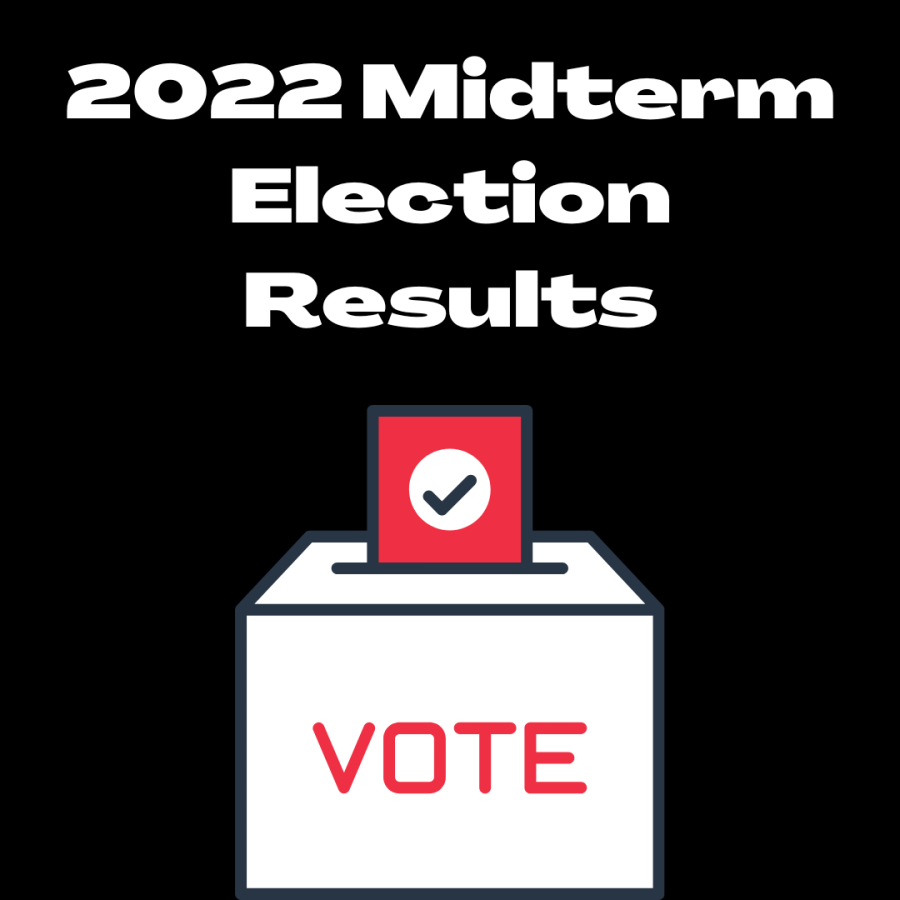Midterm Election Results: What You Need to Know
Voters decided on the gubernatorial and congress races, as well as a variety of issues.
media by Grace Uhrain
A graphic introduces the midterm election results with a ballot box.
November 10, 2022
A multitude of issues, a variety of candidates, and so many different perspectives. Bubbles on a ballot get colored in before being dropped off in a ballot box and many hope their preferred candidates will win.
The midterm elections across the U.S. took place Nov. 8. In Colorado, governor Jared Polis, Senator Michael Bennet, and all members of the House of Representatives were up for re-election.
As of Nov. 9, Democratic governor Jared Polis won re-election. According to Rocky Mountain PBS, Polis campaigned in support of universal kindergarten and abortion rights. In addition, incumbent Democratic senator Michael Bennet won his bid for re-election. Representing the 4th Congressional District (which includes Highlands Ranch, Castle Rock, and much of eastern Colorado) is Republican Ken Buck.
Colorado voters also voted on several new propositions, including Proposition FF. Proposition FF would allow all public school students to receive free lunch. According to the New York Times, this proposition passed with a 55.1% vote.
Voters in Douglas County voted on Issues 5A and 5B, which did not pass. These would have allowed Douglas County School District (DCSD) to collect more money via property tax. The tax money would have gone to increase teacher pay, update school facilities, and increase career programs, according to Chalkbeat Colorado.
“I am disappointed that 5A did not pass. This will continue to make it more difficult to attract, hire, retain and reward excellent staff which is the largest indicator of success within education. Ultimately, it is our students who will get less experienced and new teachers more frequently as DCSD loses experience to other school districts. Currently, the average teacher in DCSD makes $18k less than a Cherry Creek teacher teaching 10 minutes away, and many of our teachers drive right past those areas to get to Rock Canyon,” Principal Andy Abner said.
Students who had turned 18 on or before Election Day were able to vote in the midterm elections.
“Voting for the first time was very exciting as I had just turned 18. I was excited to be a part of something that affects more than myself,” Sienna Arakawa ‘23 said. “It was really interesting to research all of the different candidates and judges and it was cool to know that my opinion was actually being taken into account.”

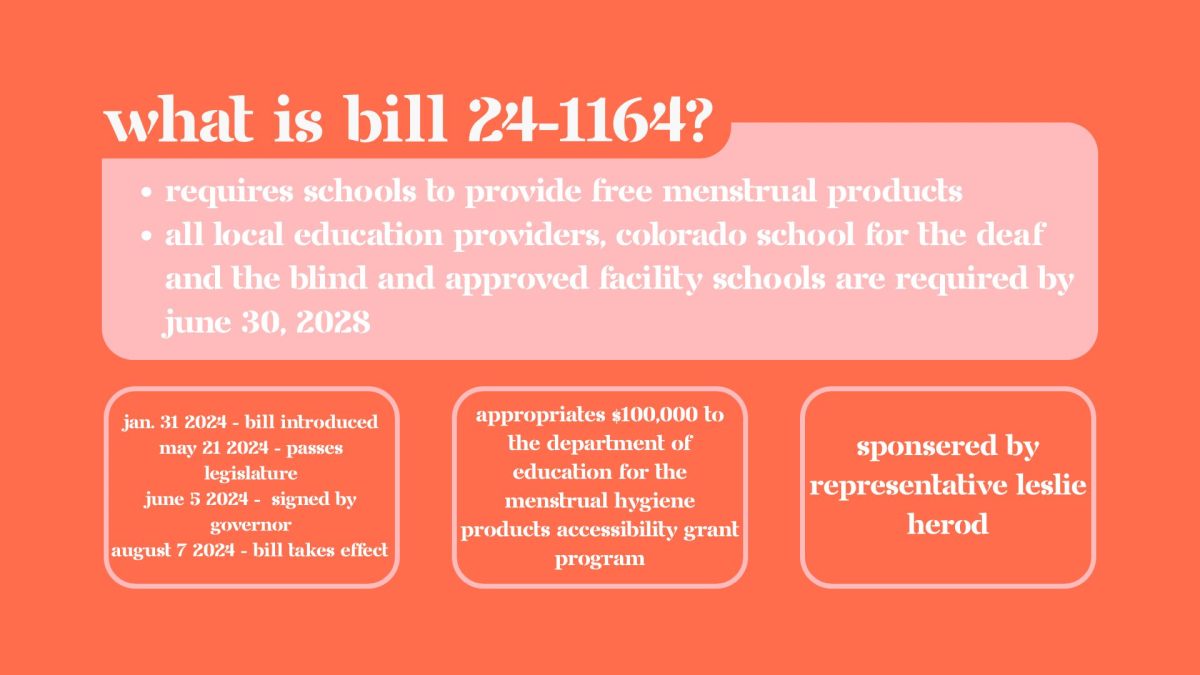

![Minutes before the Activities Fair in the gym, president Abhi Gowda ‘26 prepares the stall for his club Helping Hands, Sept. 4. A relatively new club, Helping Hands was co-started by Gowda and focuses on assisting the homeless, and just last year they succeeded in raising a couple hundred donations to send to shelters. This year, they have goals to expand, with hopes to increase volunteer opportunities and take in-person trips to shelters, as well as extend their help beyond just homeless people. “The Activities Fair gives a lot of underclassmen the opportunity to really get to know the Canyon culture, and it gives them many opportunities for service and volunteering,” Gowda said. “[Through the Activities Fair,] I hope to find a bunch of new and passionate members about our club and just get our name out there and spread awareness to the cause that we’re fighting for.”](https://rockmediaonline.org/wp-content/uploads/2025/09/1-2-1200x885.jpg)
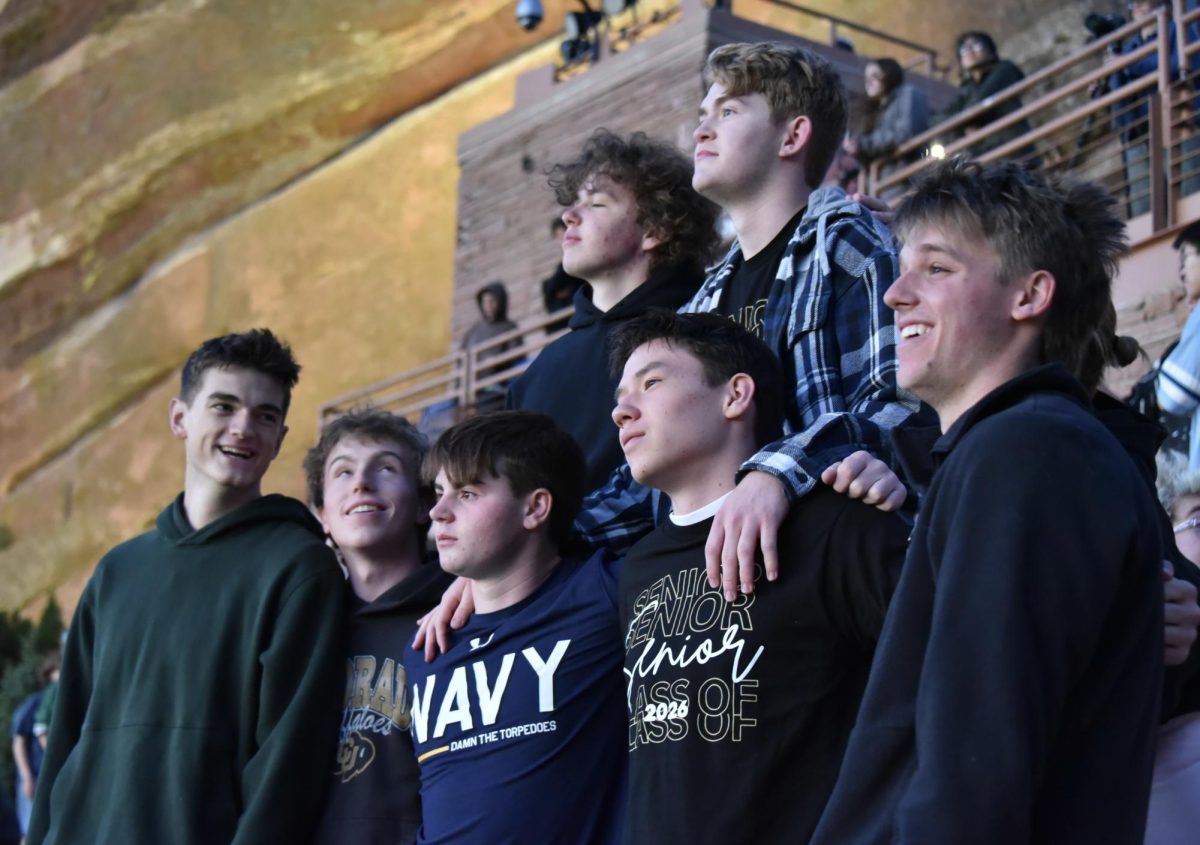
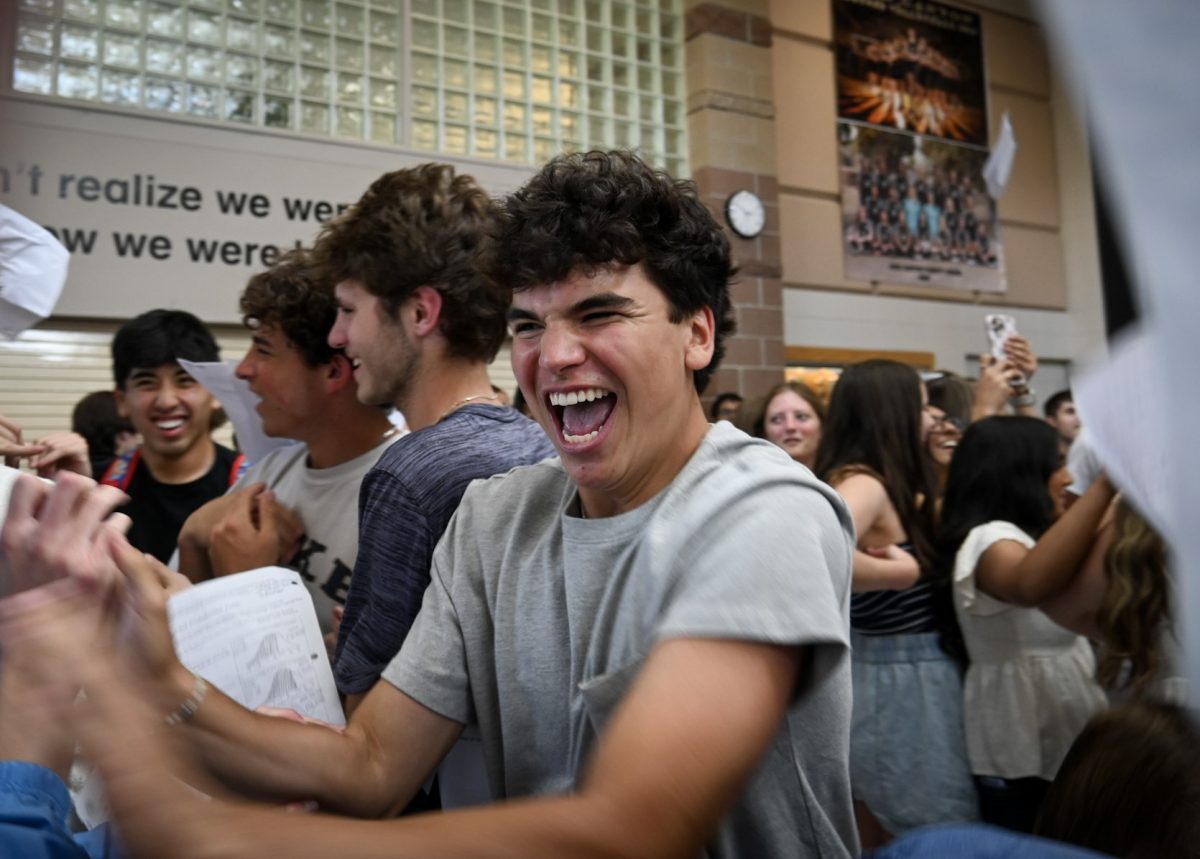


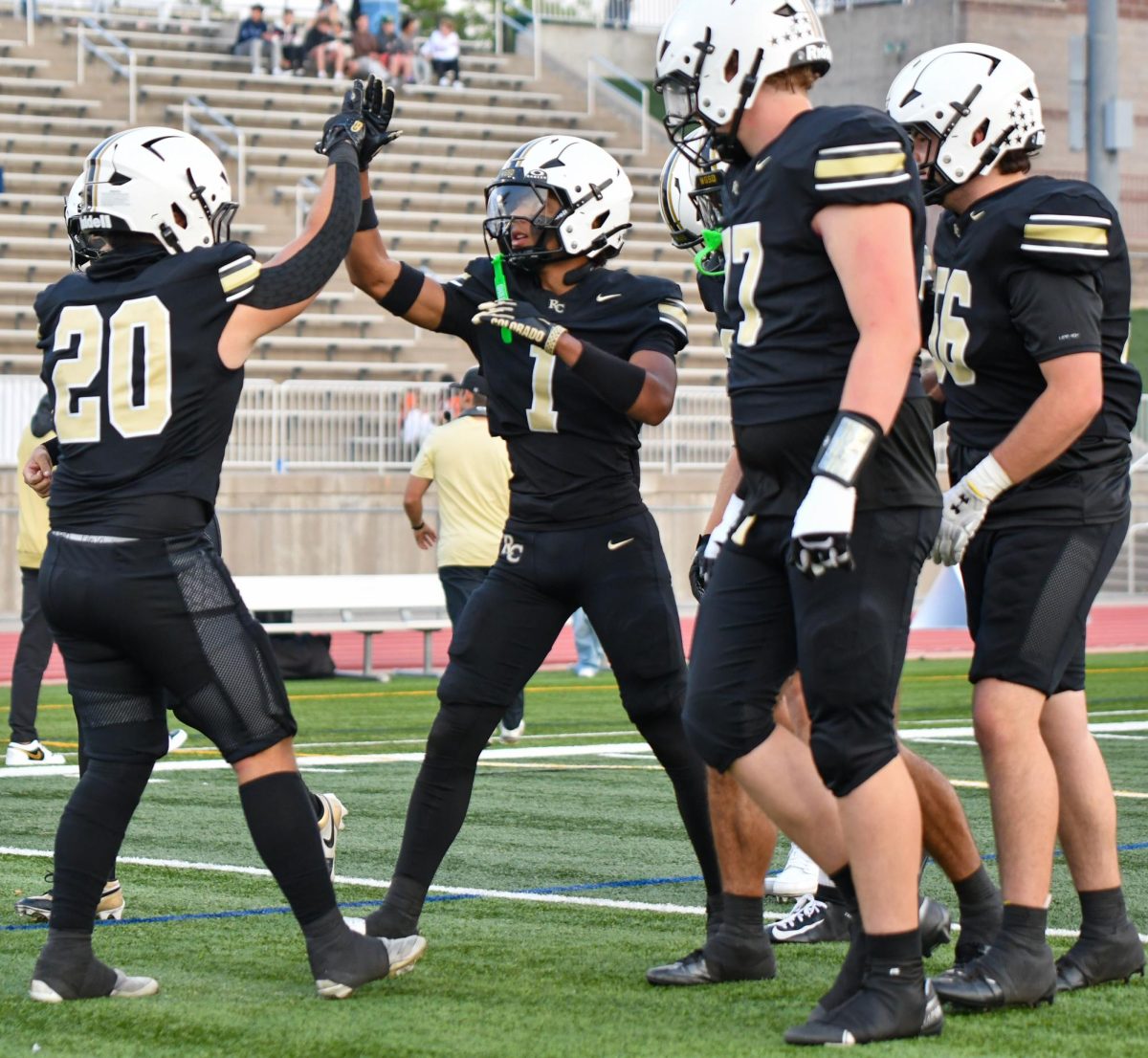
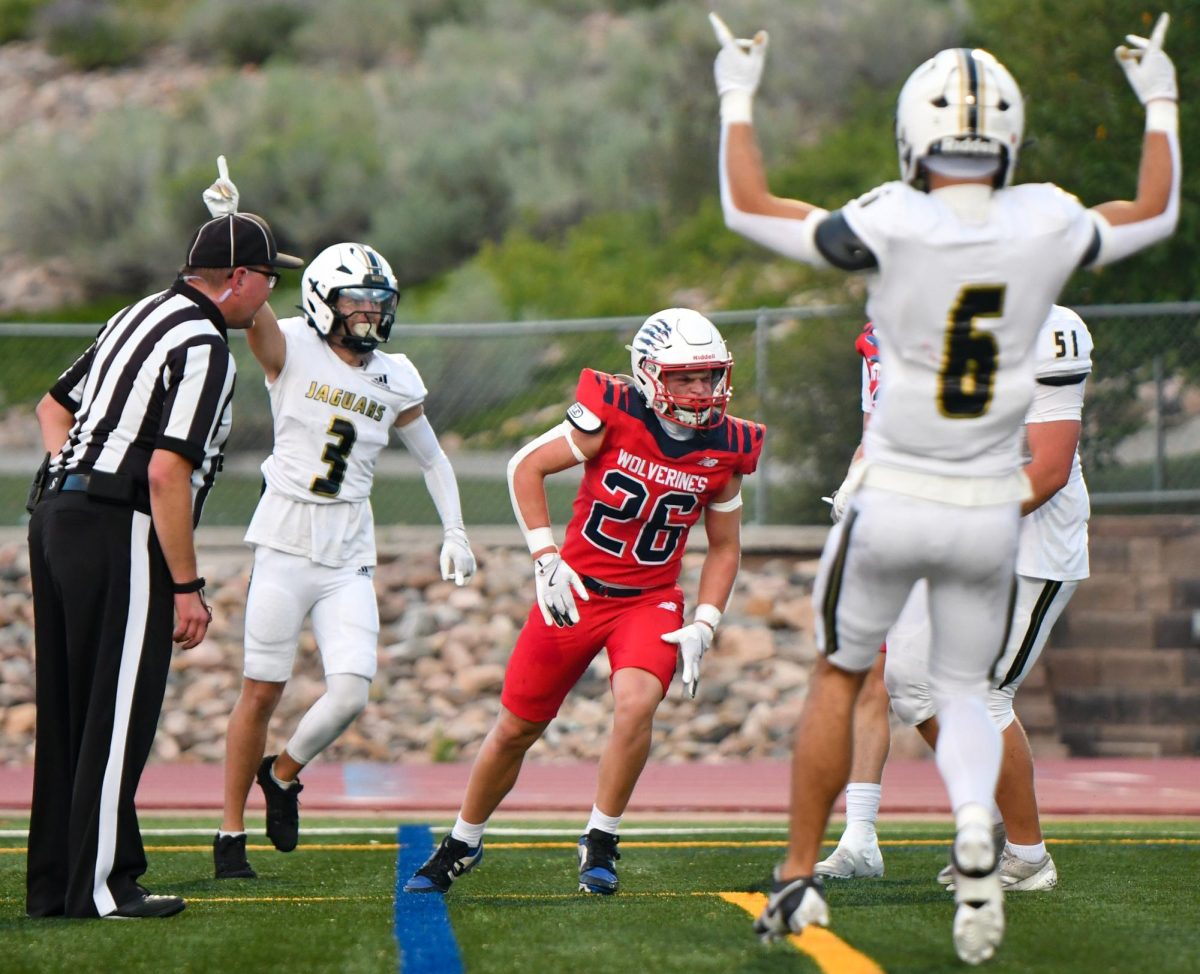

![The winter guard team makes fifth place at the state championship finals in the Denver Coliseum, March 30. The team performed to Barnes Country's “Glitter and Gold,” lead by coaches Margo Sanford, Blair Bickerton and Anna Orgren. In their class there were a total of nine groups participating, and the top five who made it to finals received a plaque. “[Walking onto the stage] is very nerve-wracking, but also very exciting as well. When you first start color guard there's a lot of anxiety and uncertainty when you first perform in front of an audience, but once you've done it for a while, it starts to become the best part of the season,” Ella West ‘25 said. “It's very fulfilling to see an audience react to something you've put your heart and soul into.”](https://rockmediaonline.org/wp-content/uploads/2025/04/Both-socal-media-nd-website-main-1-1200x846.jpg)
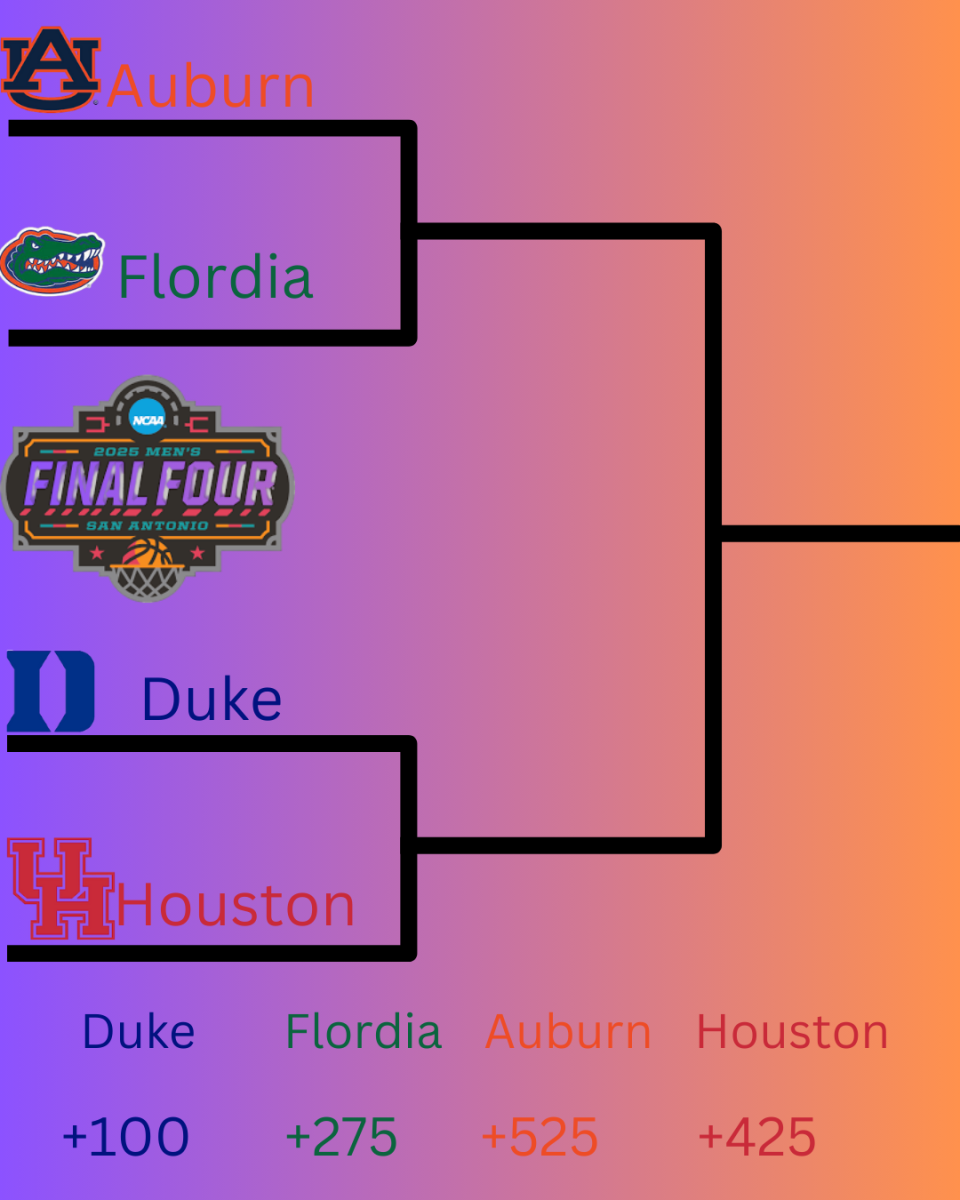

![April marks the 25th anniversary of Sexual Assault Awareness Month, created by the National Sexual Violence Resource Center (NSVRC). This month is to spread awareness of the harassment, assault and abuse that happens around the world. The symbol that represented the month was a teal ribbon; however, some survivors of assault create different symbols and movements like the TikTok trend in 2022, where survivors would tattoo Medusa on their body, in honor of her backstory in Greek Mythology. “I don't think [this month is known] at all. I rarely see anybody talk about it. I rarely see much of an emphasis on posting it online, or much discussion about it, and I feel like there needs to be way more discussion,” an anonymous source said. “I think just validating every experience that a person has gone through, regardless of the degree of it, the severity, is an essential step into making sure that people are aware that this is a very real problem in a society and that we need to do better in addressing it.”](https://rockmediaonline.org/wp-content/uploads/2025/04/IMG_0011-1200x900.jpg)


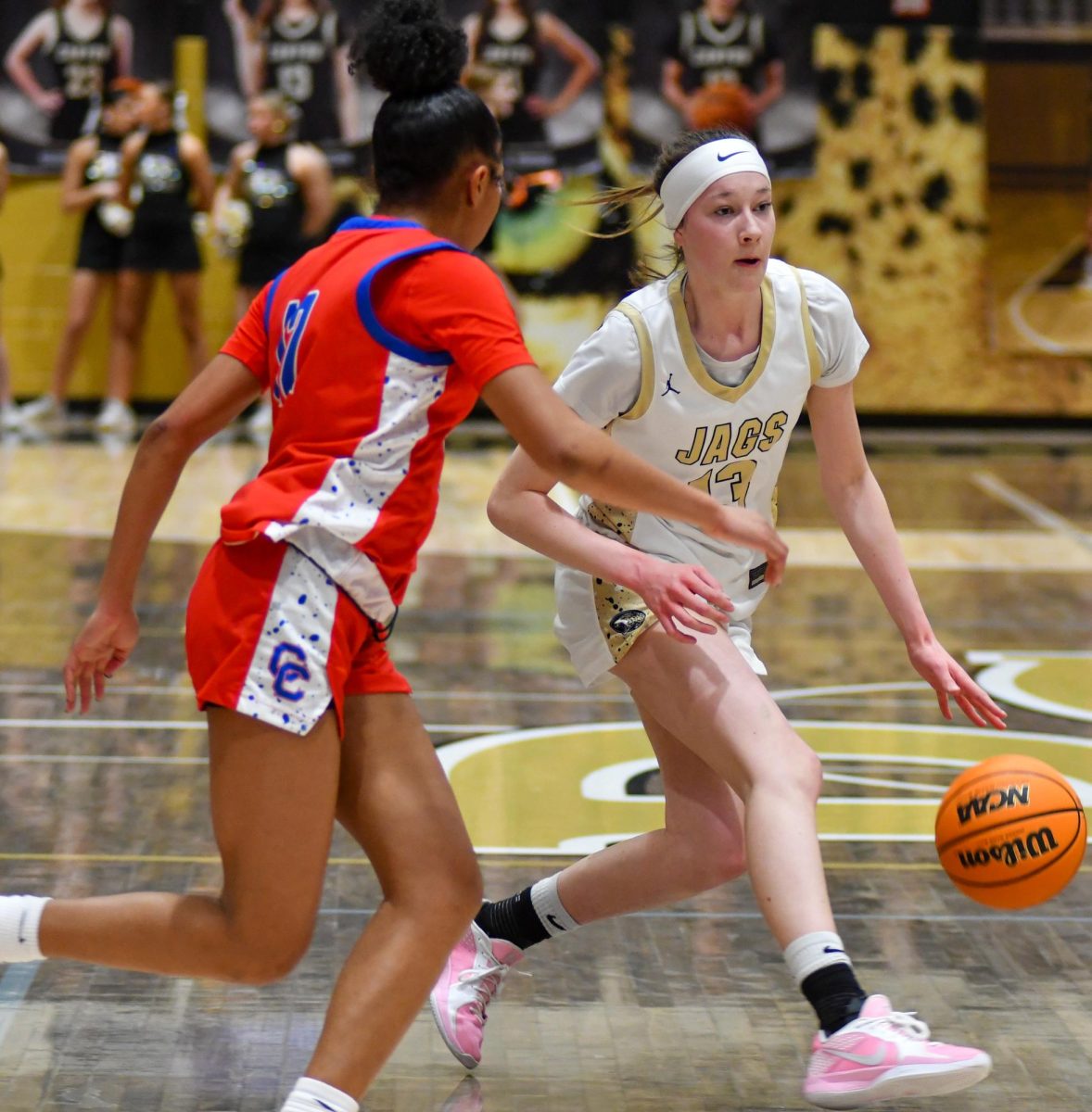

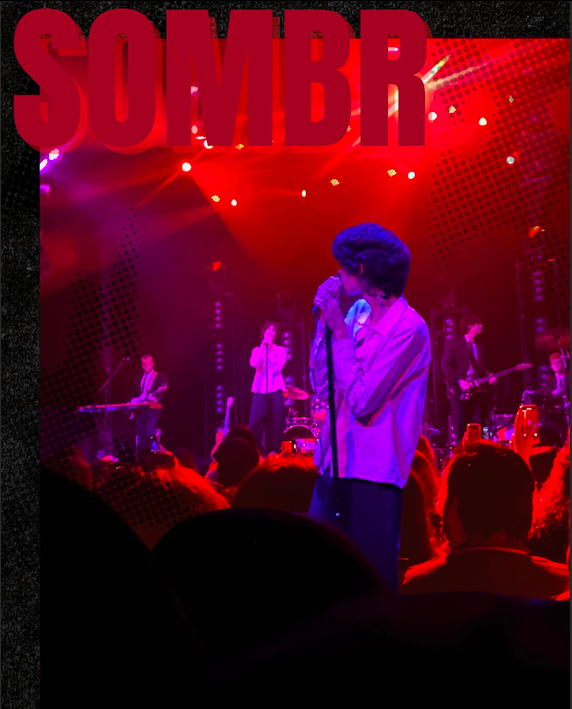







![Lesbian Visibility Day is April 26, and it’s a holiday to celebrate the lesbian community of the world. Lesbian Visibility day was established in 2008 by many queer activists and organizations who sought to raise more awareness for lesbian history and culture. “So this is why during Lesbian Visibility [Day] we celebrate and center all lesbians, both cis and trans, while also showing solidarity with all LGBTQ+ women and nonbinary people,” Linda Reily, in an article written by her, said.](https://rockmediaonline.org/wp-content/uploads/2025/04/Lesbian-Visibility-day.jpeg)






